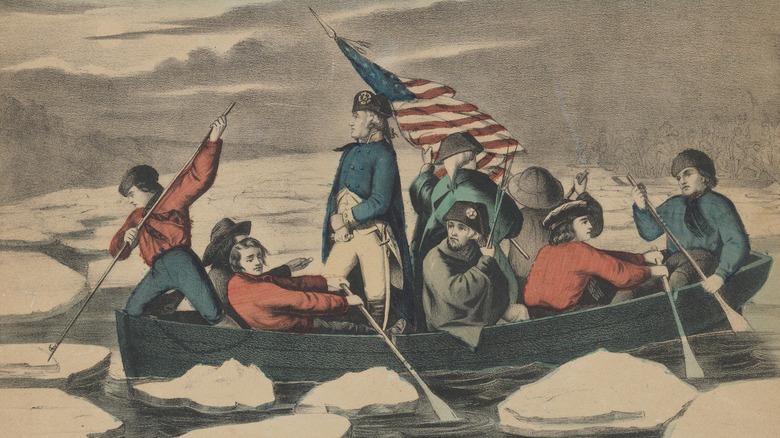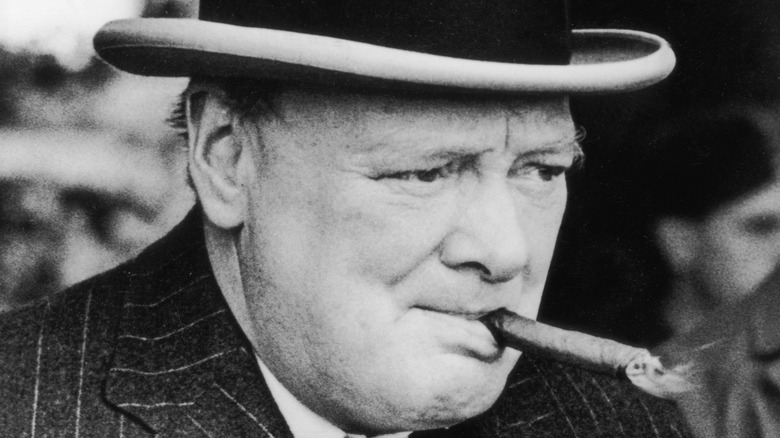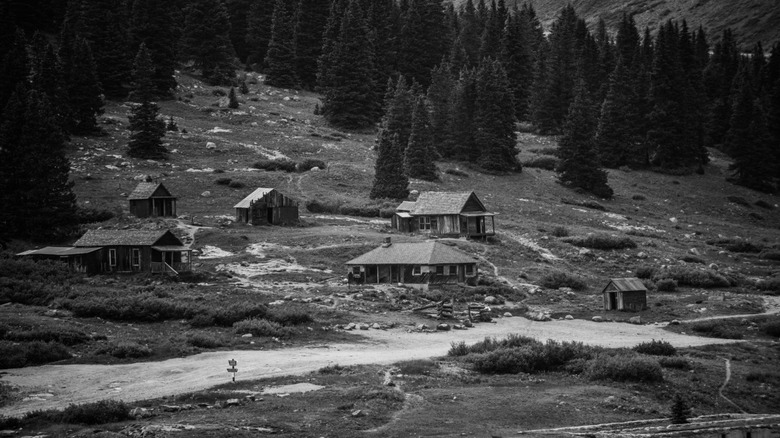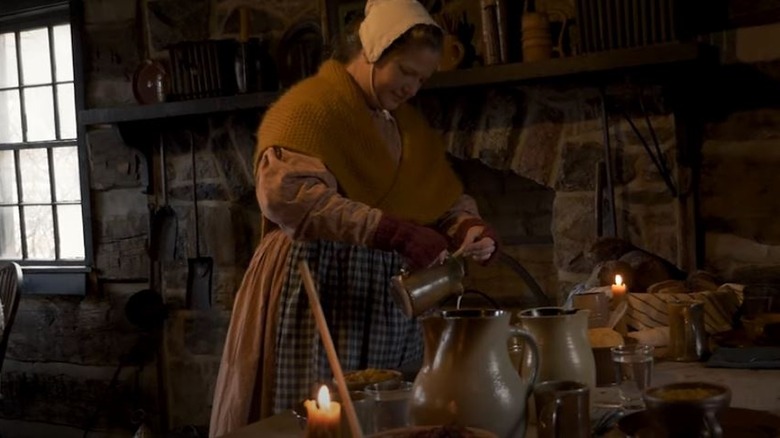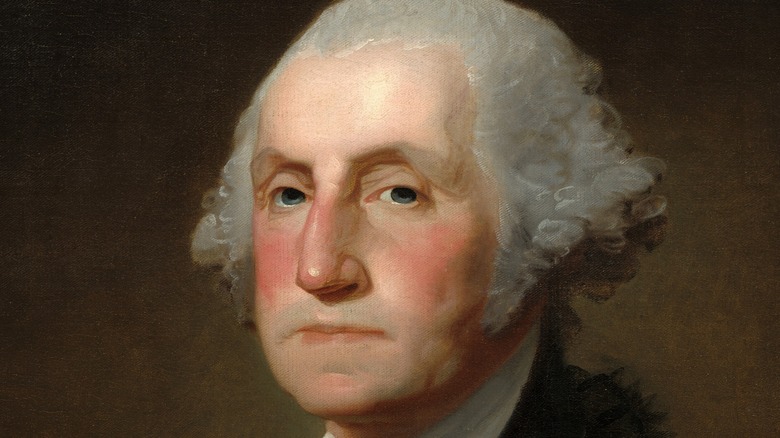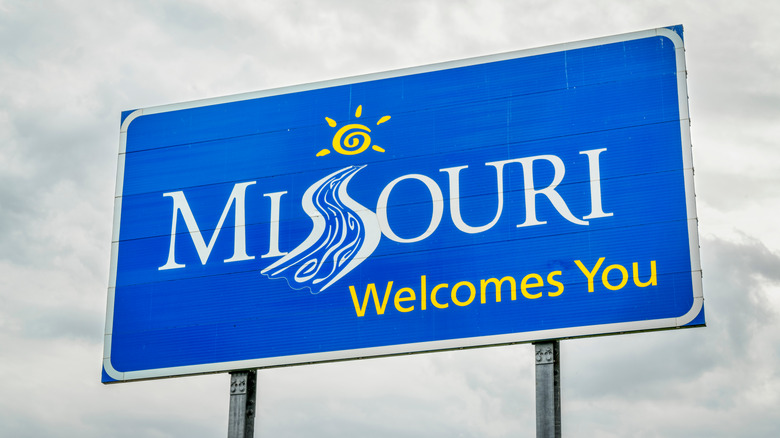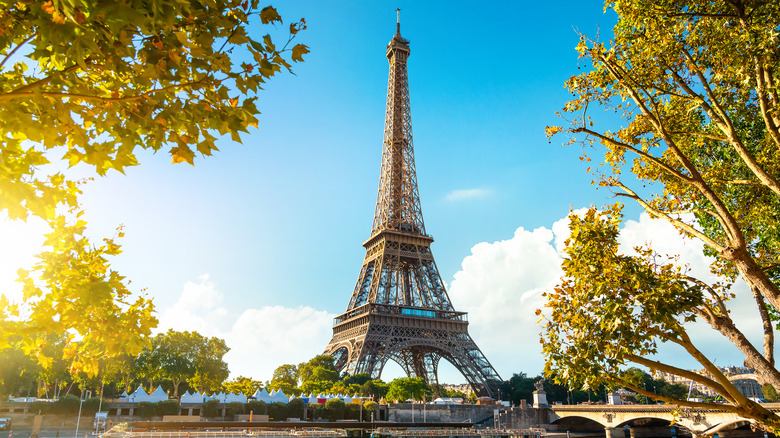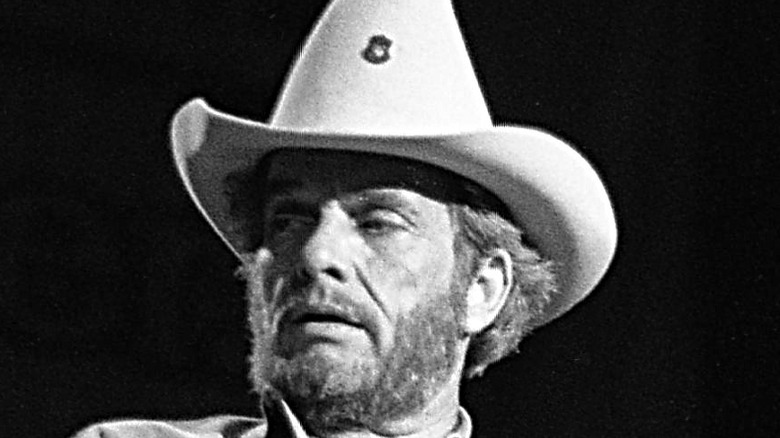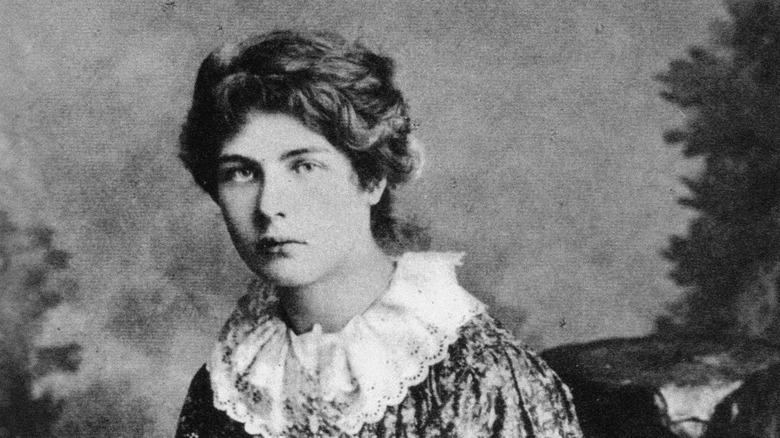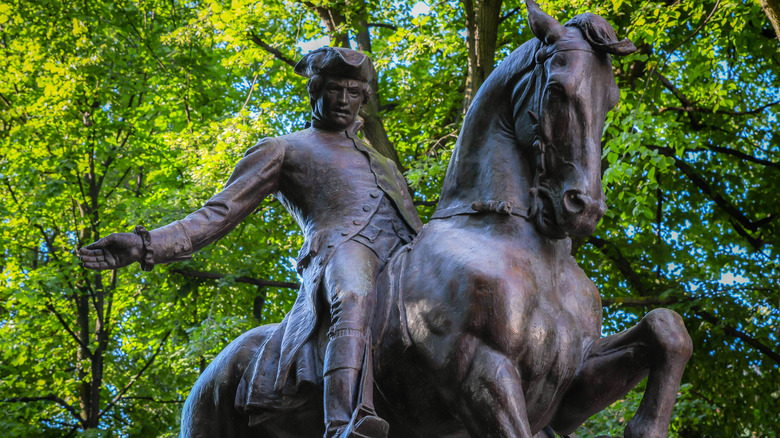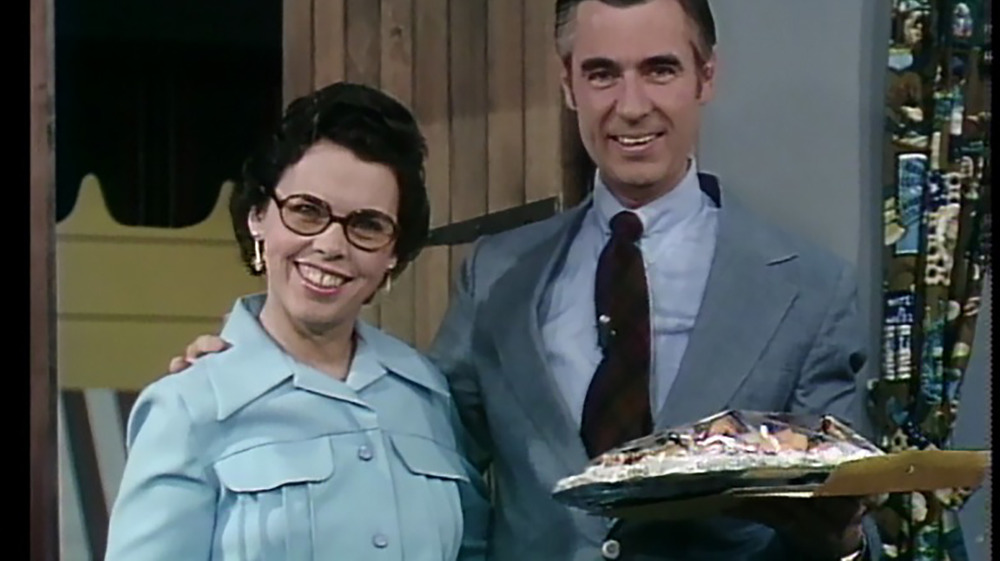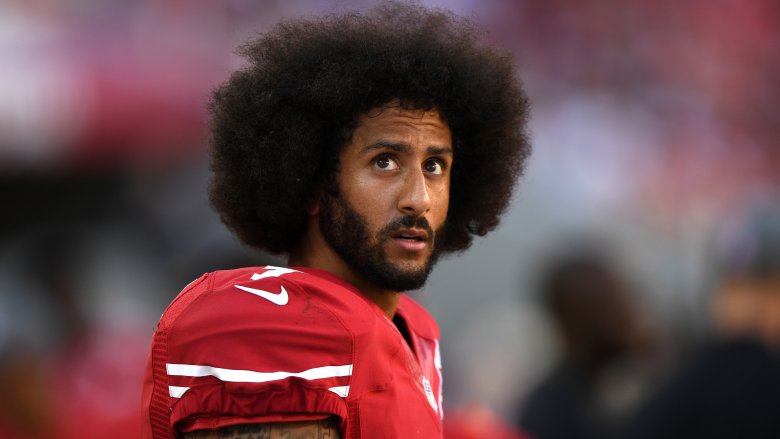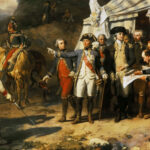
How The French And Indian War Impacted The American Revolution
The French and Indian War was fought between Britain and France, who each tried to expand their territories across North America, per History. The war began in 1754 and eventually led to Britain taking over French and Spanish territories throughout North America and overseas, per the Office of the Historian. The French and Indian War would end during the signing of the Treaty of Paris in 1763, however, there would still be conflict. During the war, the British crown would double their debt after borrowing money from British and Dutch bankers. The British would think of a way to get someone else to chip in with the bill when King George II declared American colonists should help pay back the debt after their borders were secured during the war.
The king wouldn’t stop there — he’d also have British troops sent to America, which would incur more payments from American colonists. In 1765, British lawmakers passed the Stamp Act and imposed taxes on American colonists to help pay back the war debt and for the British troops.
No taxation without representation
American colonists saw themselves as partners in the British Empire, not subjects. However, the king saw the colonists as less than such, per American Battlefield Trust. The colonists would resist the taxes imposed by the Stamp Act and say they could only be taxed by their own elective colonial assemblies, per History. They would say “taxation without representation” was unfair and unconstitutional. The Americans would eventually fight back, however, the British would impose more taxes, such as the Townshend Act and the Tea Act.
American colonists would resort to tactics such as mob violence and overthrowing tea cargo from ships in Boston Harbor, just to name a few. Britain were not be able to control the colonists and resorted to any tactics they could to regain it. From 1775 to 1776, the British would step up their control. The British would use their navy to attack the coastal towns of Falmouth, Massachusetts and Norfolk, Virginia by burning down their ports, per History. This would be the last straw for colonists, and the northern and southern states would unify to declare their independence as the United States of America while fighting in the Revolutionary War against the British.
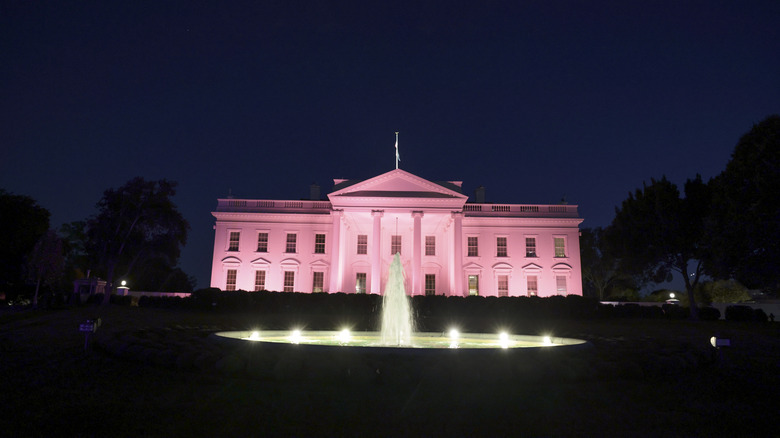
The Ghost That Haunted The White House During William Howard Taft's Presidency
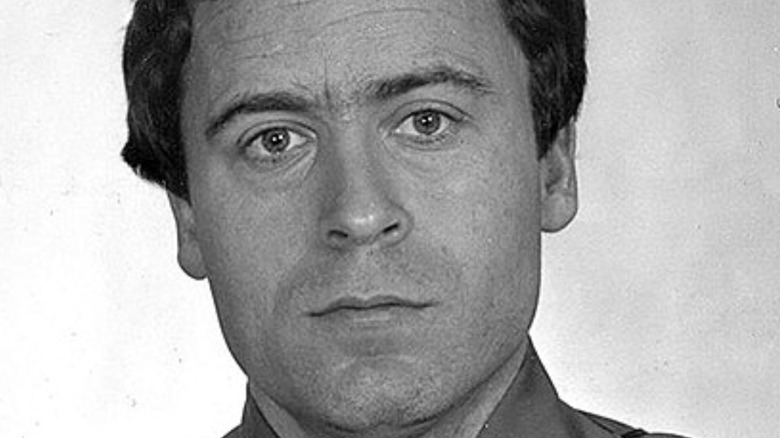
Did Ted Bundy Ever Actually Confess? Here's What We Know

Here's What The Bible Really Says About Addiction

What Happened To Kim Jong Il's Corpse?
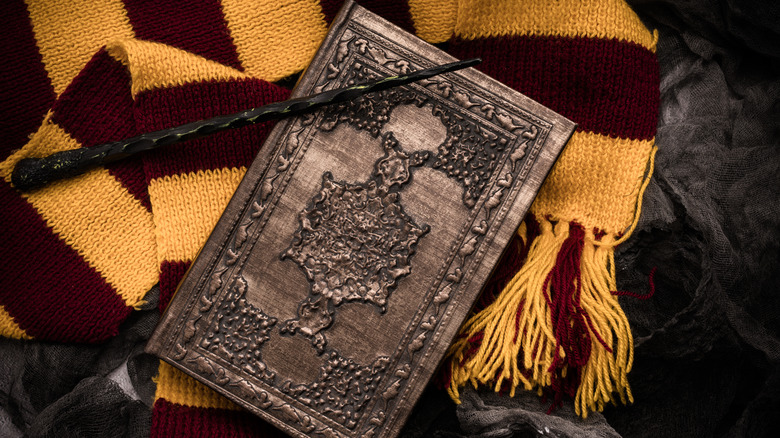
Here's What The Bible Really Says About Magic

The Unbelievable Way Jack Kerouac Wrote On The Road
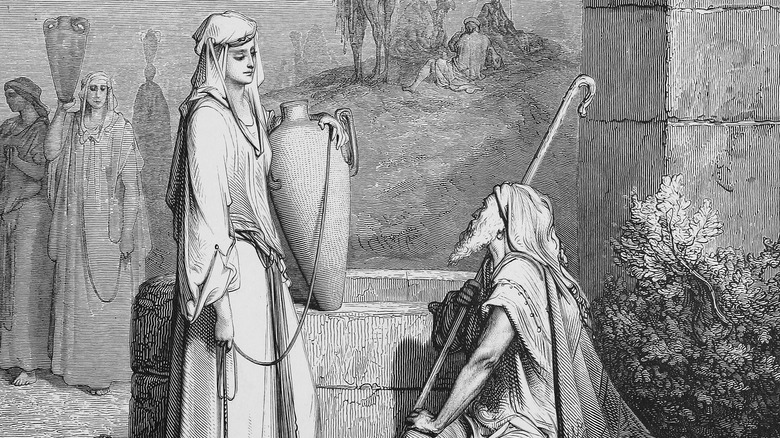
The Truth About Rebekah In The Bible

The Messed Up True Story Of The Mexican Ripper
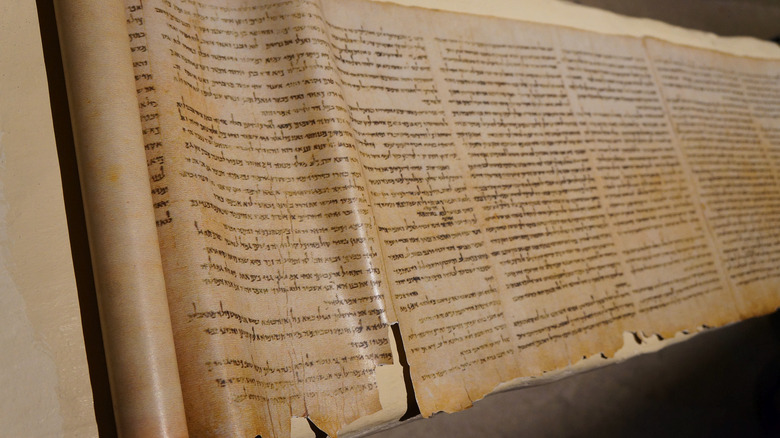
Who Actually Wrote The Dead Sea Scrolls?
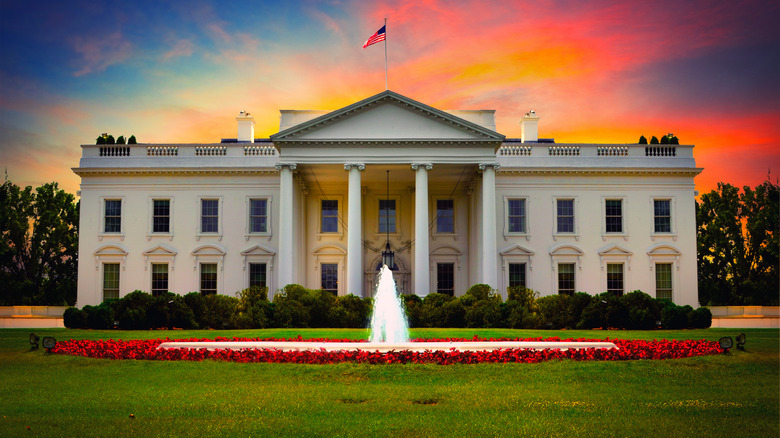
Who Was History's Richest President?
